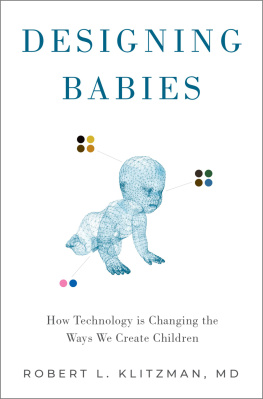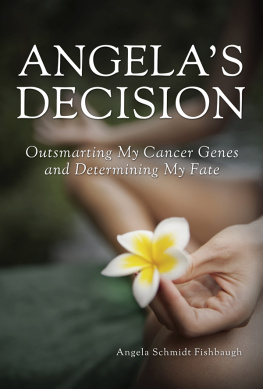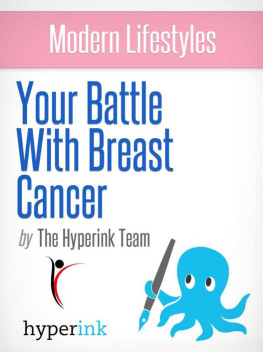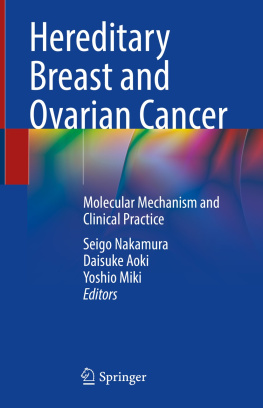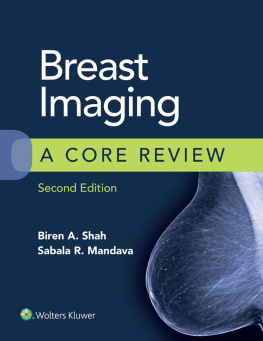Robert Klitzman - Am I My Genes?: Confronting Fate and Family Secrets in the Age of Genetic Testing
Here you can read online Robert Klitzman - Am I My Genes?: Confronting Fate and Family Secrets in the Age of Genetic Testing full text of the book (entire story) in english for free. Download pdf and epub, get meaning, cover and reviews about this ebook. year: 2012, publisher: Oxford University Press, genre: Home and family. Description of the work, (preface) as well as reviews are available. Best literature library LitArk.com created for fans of good reading and offers a wide selection of genres:
Romance novel
Science fiction
Adventure
Detective
Science
History
Home and family
Prose
Art
Politics
Computer
Non-fiction
Religion
Business
Children
Humor
Choose a favorite category and find really read worthwhile books. Enjoy immersion in the world of imagination, feel the emotions of the characters or learn something new for yourself, make an fascinating discovery.

- Book:Am I My Genes?: Confronting Fate and Family Secrets in the Age of Genetic Testing
- Author:
- Publisher:Oxford University Press
- Genre:
- Year:2012
- Rating:3 / 5
- Favourites:Add to favourites
- Your mark:
Am I My Genes?: Confronting Fate and Family Secrets in the Age of Genetic Testing: summary, description and annotation
We offer to read an annotation, description, summary or preface (depends on what the author of the book "Am I My Genes?: Confronting Fate and Family Secrets in the Age of Genetic Testing" wrote himself). If you haven't found the necessary information about the book — write in the comments, we will try to find it.
Am I My Genes? shows how real individuals have confronted these issues in their daily lives. Robert L. Klitzman interviewed 64 people who faced Huntingtons Disease, breast and ovarian cancer, or Alpha-1 antitrypsin deficiency. The book describes--often in the persons own words--how each has wrestled with the vast implications that genetics has for their lives and their families. Klitzman shows how these men and women struggle to make sense of their predicament and its causes. They confront a series of quandaries--whether to be tested; whether to disclose their genetic risks to parents, siblings, spouses, offspring, friends, doctors, insurers, employers, and schools; how to view and understand themselves and their genetics; what treatments, if any, to pursue; whether to have children, adopt, screen embryos, or abort; and whether to participate in genetic communities. In the face of these uncertainties, they have tried to understand these tests and probabilities, avoid fatalism, anxiety, despair, and discrimination, and find hope, meaning, and a sense of wholeness. Forced to wander through a wilderness of shifting sands, they chart paths that many others may eventually follow.
Klitzman captures here the voices of pioneers, some of the first to encounter the personal dilemmas introduced by modern genetics. Am I My Genes? is an invaluable account of their experience, one that will become all the more common in the coming years.
An extraordinary exploration...probing the many roles and implications of genetics in our lives today.... Filled with astonishing insights, this riveting book is vital reading for us all.
--Paula Zahn
Klitzman lucidly discusses the moral and psychological complexities that come in the wake of genetic testing.... An important book for anyone who has the genes for pathology, which is all of us, and I recommend it highly.
--Kay Redfield Jamison, author of An Unquiet Mind
An illuminating voyage through the medical, familial and existential quandaries faced by those of us at genetic risk.
--Thomas H. Murray, President and CEO, The Hastings Center
Robert Klitzman: author's other books
Who wrote Am I My Genes?: Confronting Fate and Family Secrets in the Age of Genetic Testing? Find out the surname, the name of the author of the book and a list of all author's works by series.

